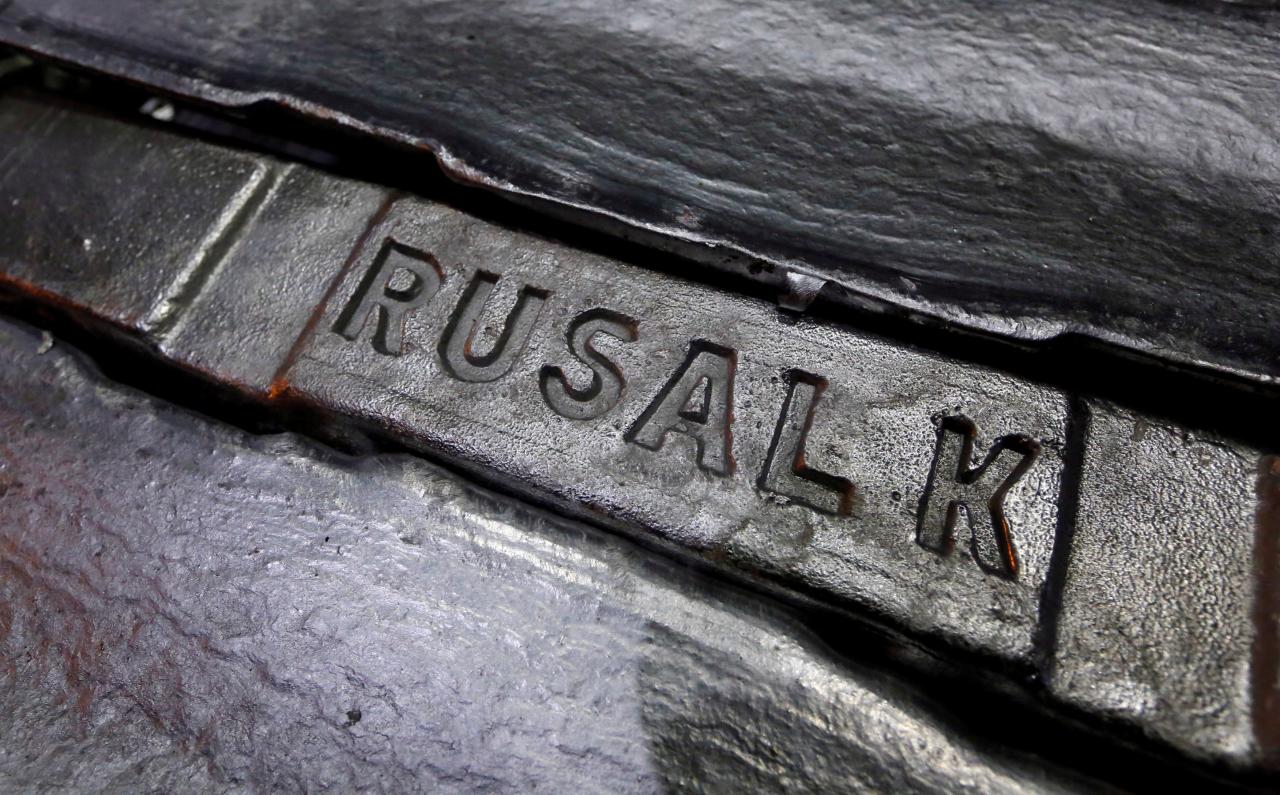MOSCOW, (Reuters) – SUAL Partners, a co-owner of Russian aluminium producer Rusal, said today that Rusal’s board and shareholders needed to start work as soon as possible on a new strategy after the company was hit by U.S. sanctions.
Washington this month imposed sanctions on billionaire Oleg Deripaska and several companies in which he is a prominent shareholder, including Rusal, in response to what the United States called Russia’s “malign activities.”
 SUAL Partners is Russian billionaire Viktor Vekselberg’s investment vehicle and owns a 22.5 percent stake in Rusal.
SUAL Partners is Russian billionaire Viktor Vekselberg’s investment vehicle and owns a 22.5 percent stake in Rusal.
SUAL Partners will take “all necessary steps to facilitate the swift lifting of U.S. Treasury Department sanctions on Rusal,” SUAL Partners representative Andrei Shtorkh said in a statement sent to Reuters.
“At the same time, SUAL Partners believe that in these circumstances Rusal cannot keep working and evolving in the same way as it did before,” Shtorkh said.
“Serious transformations, reflecting the new reality, must be carried out. For this purpose, the board of directors and the shareholders of Rusal must swiftly start discussions on the company’s new strategy, which will determine the new thrust of its development in the short and longer term,” he added, without elaborating on what the new strategy might be.
A Rusal spokeswoman declined to comment, when asked about the SUAL statement, as did Swiss-based trading and mining giant Glencore, also a Rusal shareholder and one of its biggest customers.
Rusal has been considering a range of measures to try to convince the U.S. Treasury Department to lift the sanctions, which have led customers to stop buying its aluminium and sent creditors scrambling to offload debt.
It is planning a major overhaul of its board and management, sources close to the company told Reuters last week.
Rusal’s shareholders are deep in discussions working out how to save the company, a source close to the situation said.
“These discussions are important because the company cannot deliver its products to clients, it is operationally paralysed, and clients are starting to complain,” the source said.
Deripaska has also agreed in principle to reduce his stake in En+, which holds a 48 percent share of Rusal, after the United States said it could remove Rusal from the sanctions list if the sanctioned businessman ceded control.
However, a spokesperson for the U.S. Treasury said this did not guarantee the end of sanctions for the company.
Vekselberg and his Renova Group conglomerate were also included on the U.S. sanctions list.





